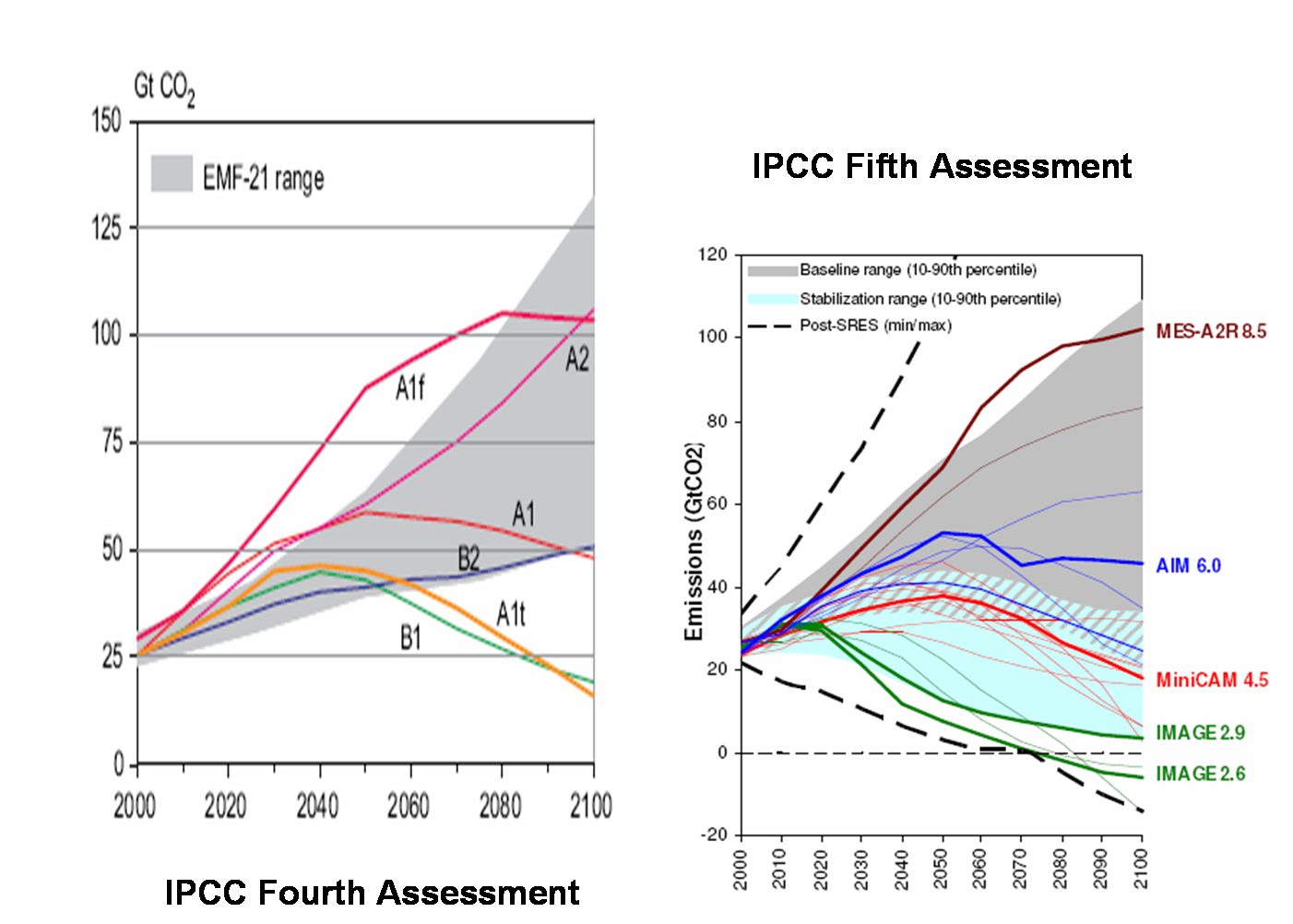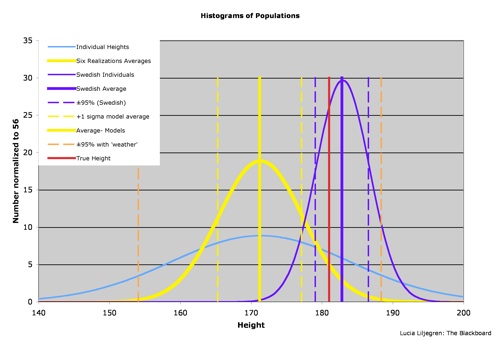Senator Clinton’s Science and Technology Policies
May 21st, 2008Posted by: admin
Check out the candidates’ science and technology related policies here.
Of the three candidates, Senator Clinton has made the most visible attempt to publicize her proposals for science and technology policy. This was done in a speech last October, coinciding with the 50th anniversary of the Sputnik launch. Perhaps consistent with this appeal to history, her policies in S&T appear to be the most conventional of the three candidates. To be sure, this is not an area in which any of the candidates are being particularly innovative, and this is not an area that will swing a number of votes to a particular candidate. But if any of the candidates (or their campaigns) formed their S&T policies from the talking points of the various science and technology advocacy groups, Senator Clinton is the most likely choice.
If you look at the Senator’s Innovation Agenda you won’t see anything that hasn’t already been advanced by one advocacy group or another. In short, more research money, more people (through more fellowships and greater outreach to underrepresented groups), and more incentives for private sector investment (R&D tax credit changes, money for prizes, and various funds for alternative energy and green building). She wants to increase the budgets of both the NIH and (in a separate item/increase) the NSF, DOE Office of Science, and Department of Defense basic research budgets. Oddly enough, the amounts of increase for this group of agencies appears to be less than the doubling stipulated in the American Competitiveness Initiative (ACI). To be fair, the ACI covers NSF, NIST and the DOE Office of Science, but it would appear that Senator Clinton will favor the biomedical sciences over the physical sciences, when there is some consensus that the physical sciences are in greater need of assistance.
There are some parts of the Innovation Agenda that are different.

